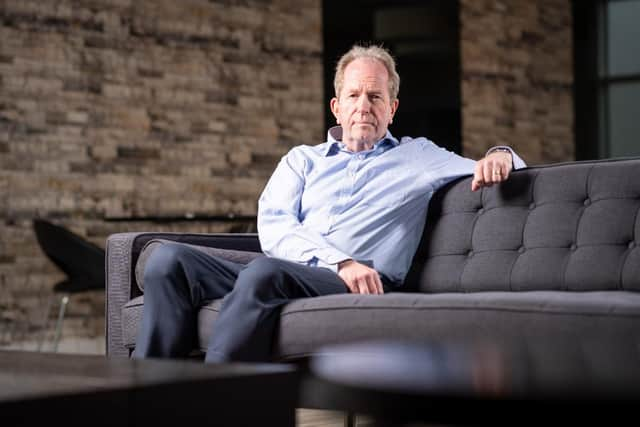Lancashire small businesses’ plea ahead of Chancellor’s spring Budget
and live on Freeview channel 276
Newly appointed FSB national chair, Martin McTague, is urging Rishi Sunak to make next week’s Spring Statement “a rallying point” for businesses as surging operating costs, supply chain disruption and labour shortages make it increasingly difficult for firms to invest and grow.
In a letter, he recommends interventions aimed at addressing “foundational issues” in the UK economy against a backdrop of declining business confidence.
Advertisement
Hide AdAdvertisement
Hide AdHe said the Government should move away from the “super deduction” tax break for investing in new machinery which mainly helps international businesses and instead cut overheads to allow smaller businesses to invest.


The move follows a pledge from the Chancellor last month to create “a new culture of enterprise”.
The FSB wants to see a range of measures including an increasing in the Employment Allowance to £5,000 and taking 200,000 more small businesses in levelling up target areas out of the business rates system by increasing the rateable value ceiling for small business rates relief to £25,000.
It also wants a one-year extension of relief on business rates increases linked to property investments in plant and machinery; making permanent a statutory sick pay rebate for small firms; widening eligibility for the Help To Grow initiatives and simplifying the R&D tax credit system to include small businesses.
Advertisement
Hide AdAdvertisement
Hide AdFSB National Chair Martin McTague said: “The Chancellor has a choice: plough on with damaging tax hikes, or take steps to protect the most fragile and empower small firms to deliver his ‘culture of enterprise’ vision."